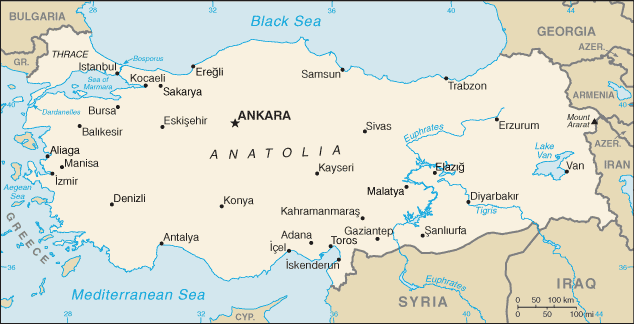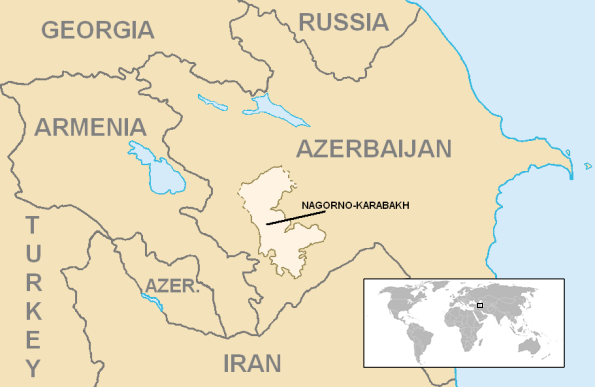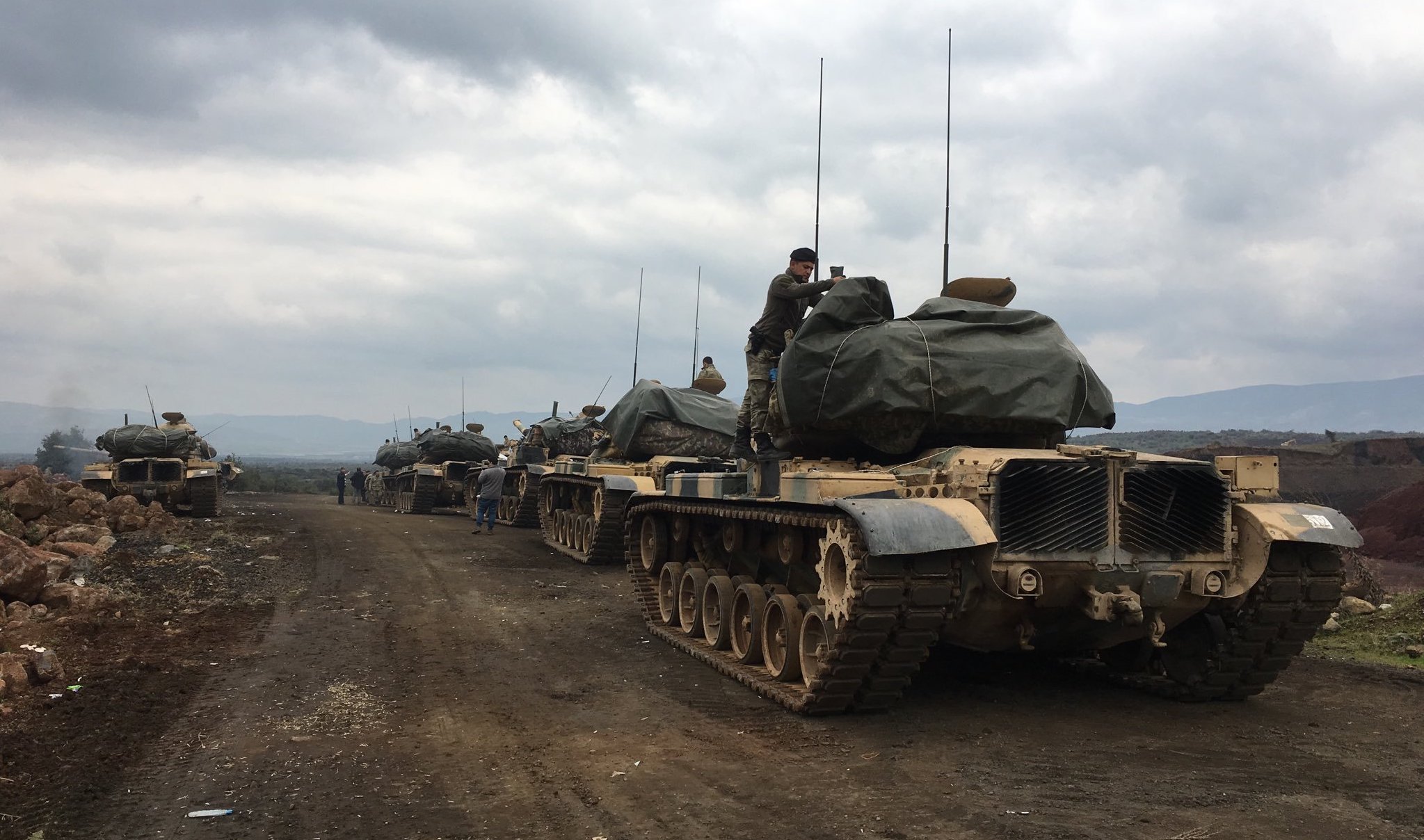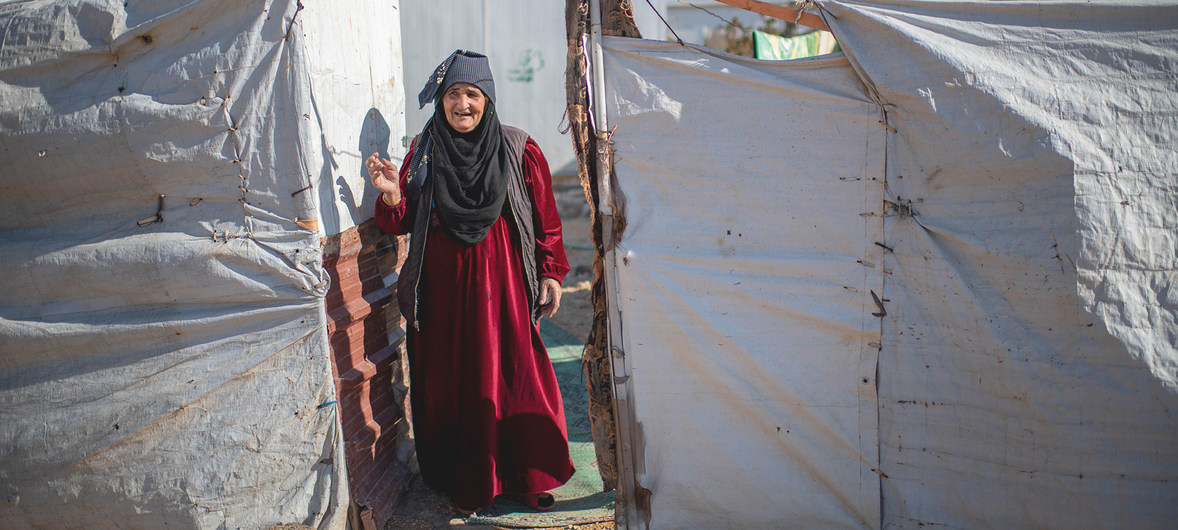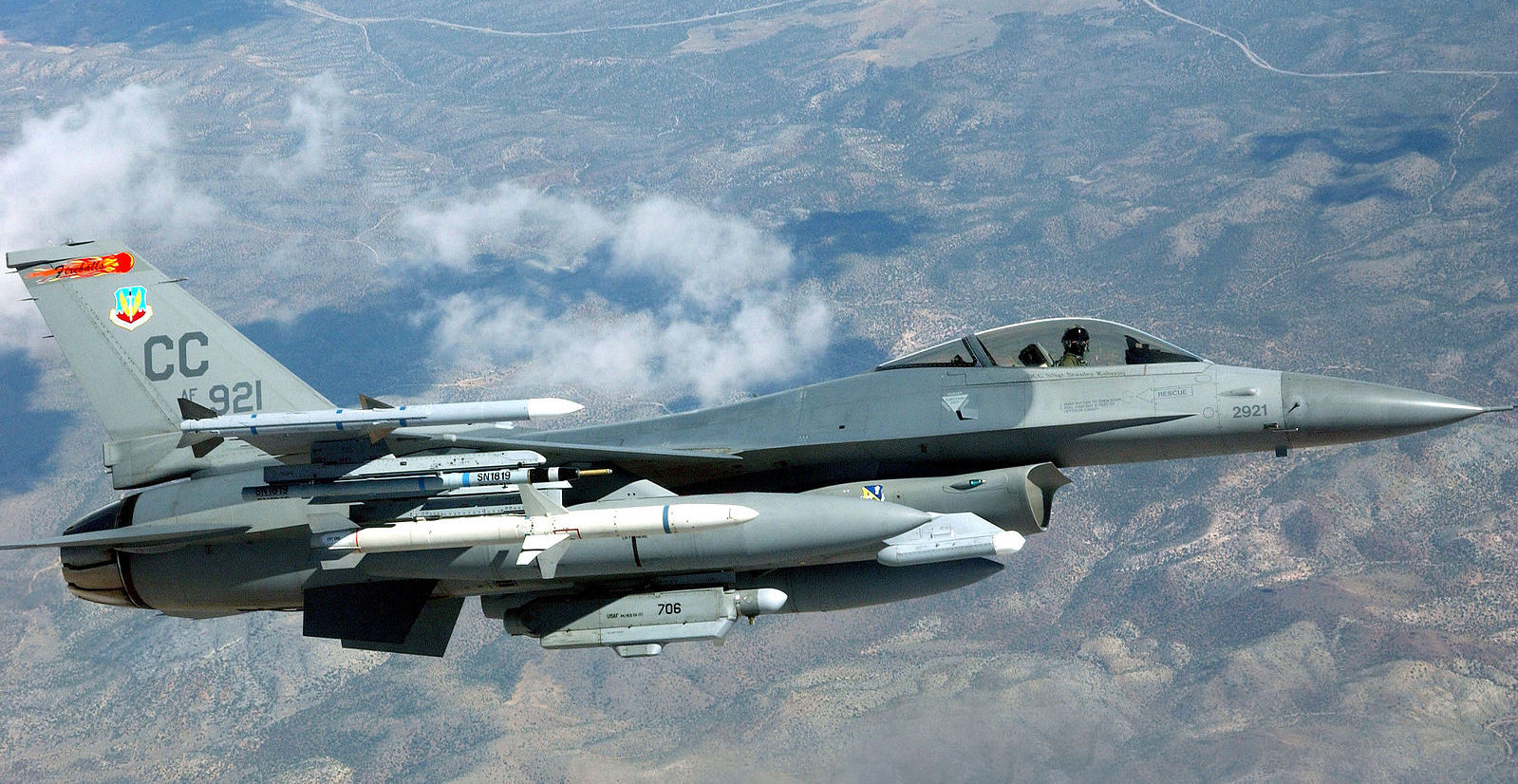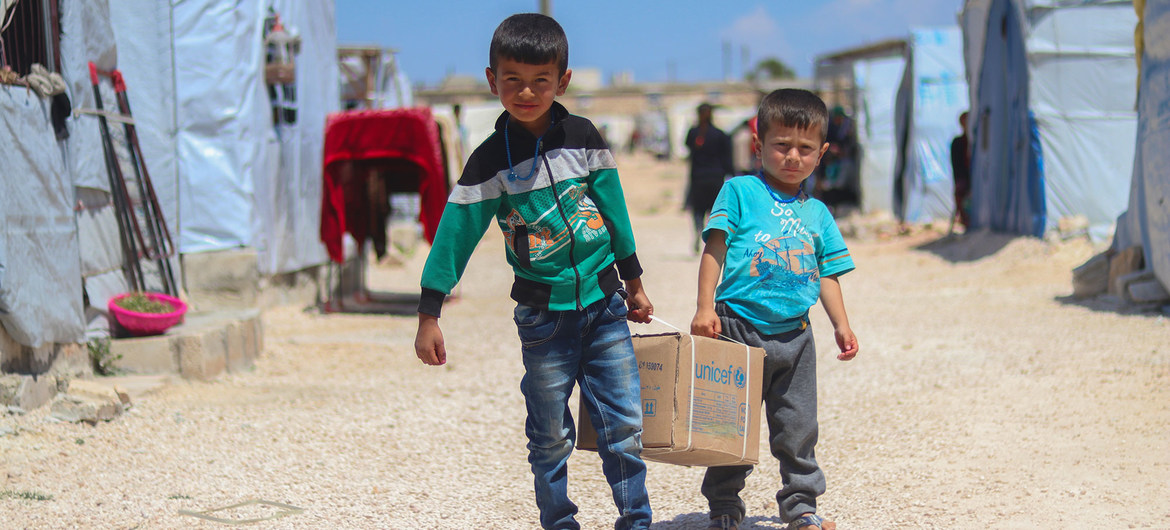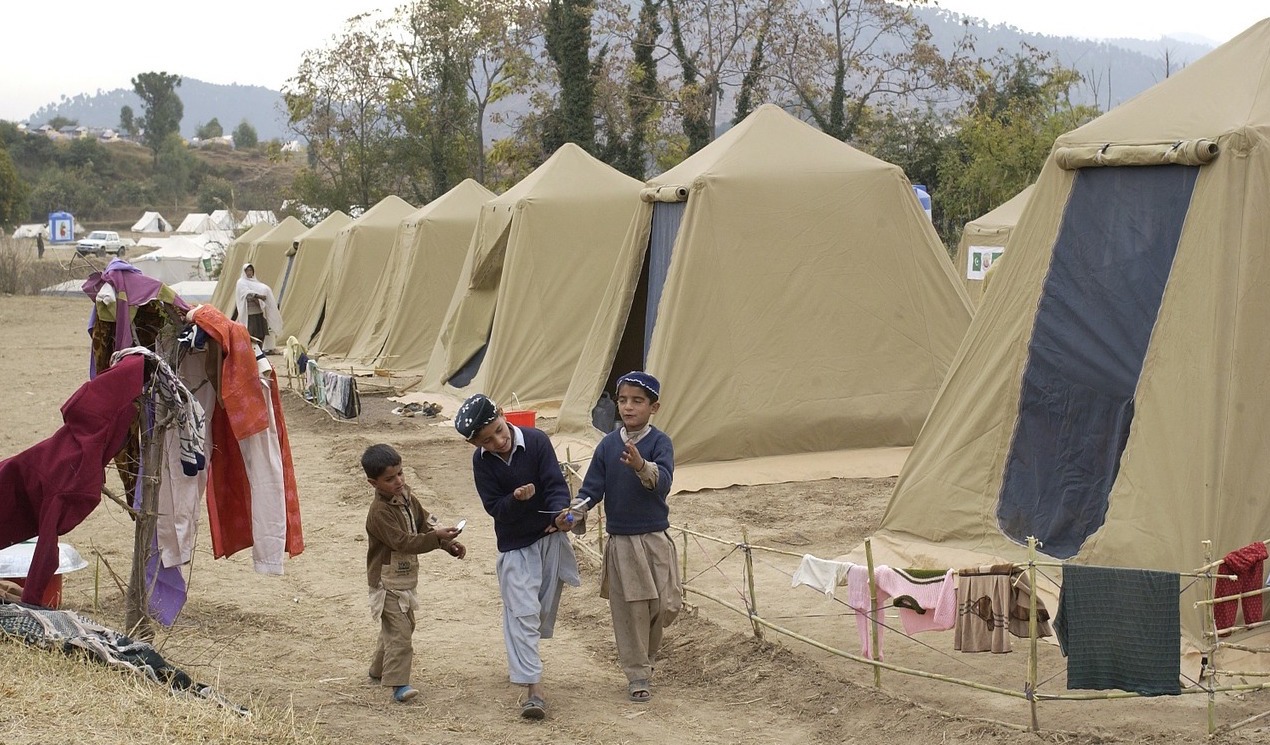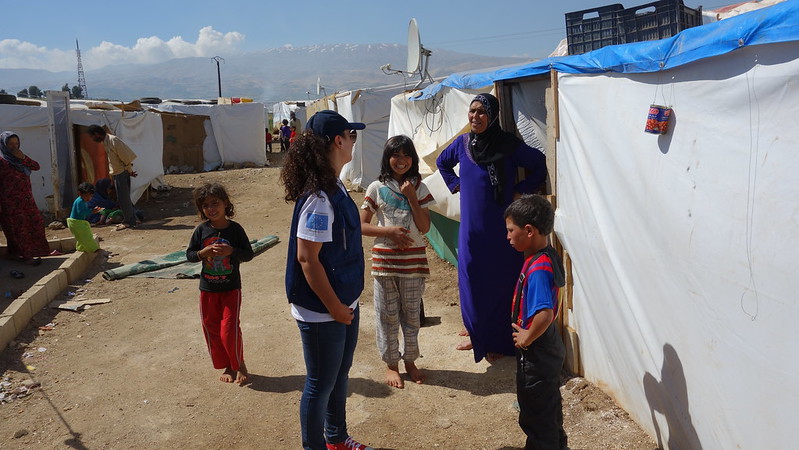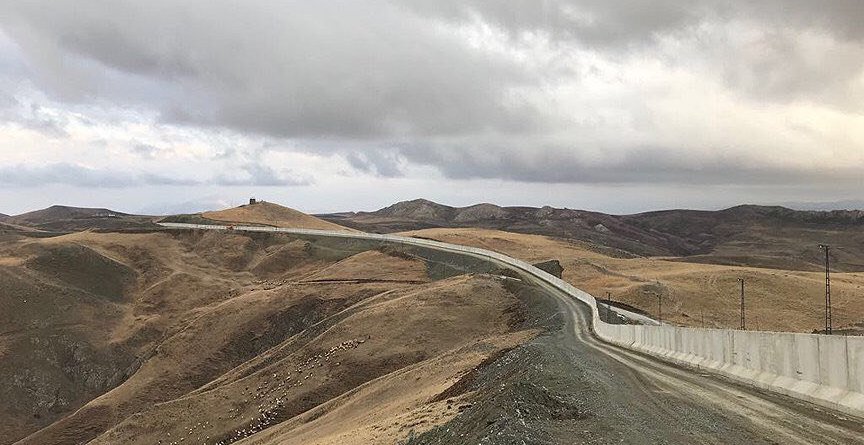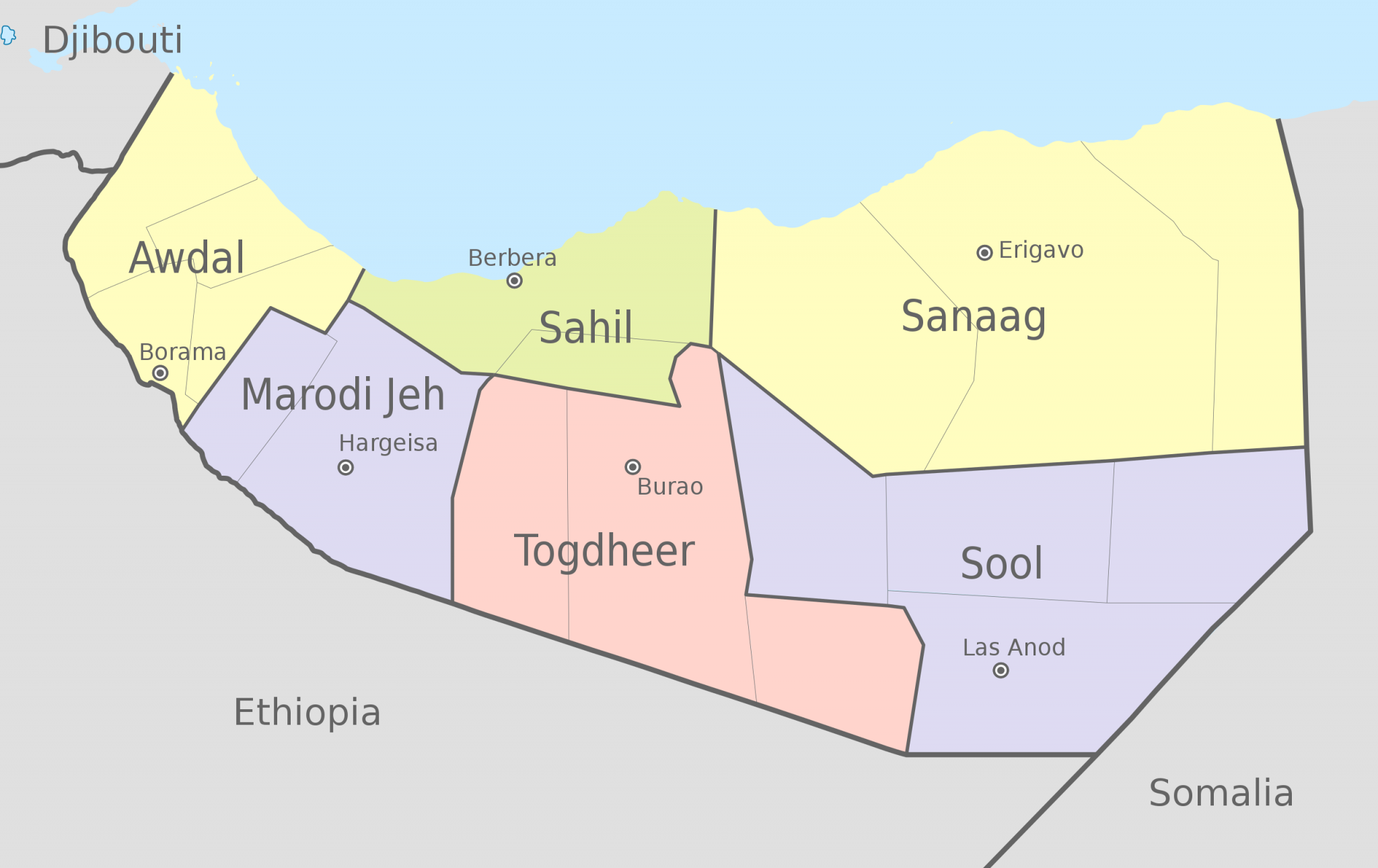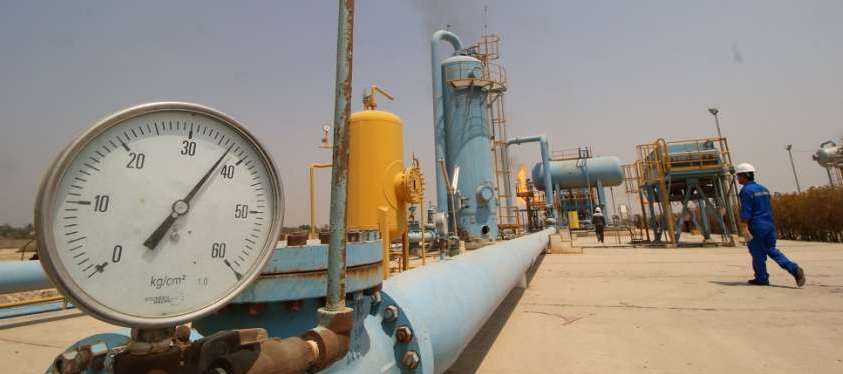
Iraq-Turkey oil pipeline to resume operation
The pipeline exporting crude oil from Kurdish-controlled northern Iraq to the Turkish port of Ceyhan is ready to resume operation, seven months after it was ordered closed by an international court ruling. The Paris-based International Court of Arbitration ruled in favor of Baghdad against Ankara, finding that the latter breached a 1973 agreement by allowing the Kurdistan Regional Government to begin independent oil exports in 2014. The judgement confirmed that Iraqi national oil company SOMO is the only entity authorized to manage export operations through the Kirkuk-Ceyhan pipeline. The KRG has now acceded to these terms, agreeing to market through SOMO. (Photo via Iraqi News Agency)



